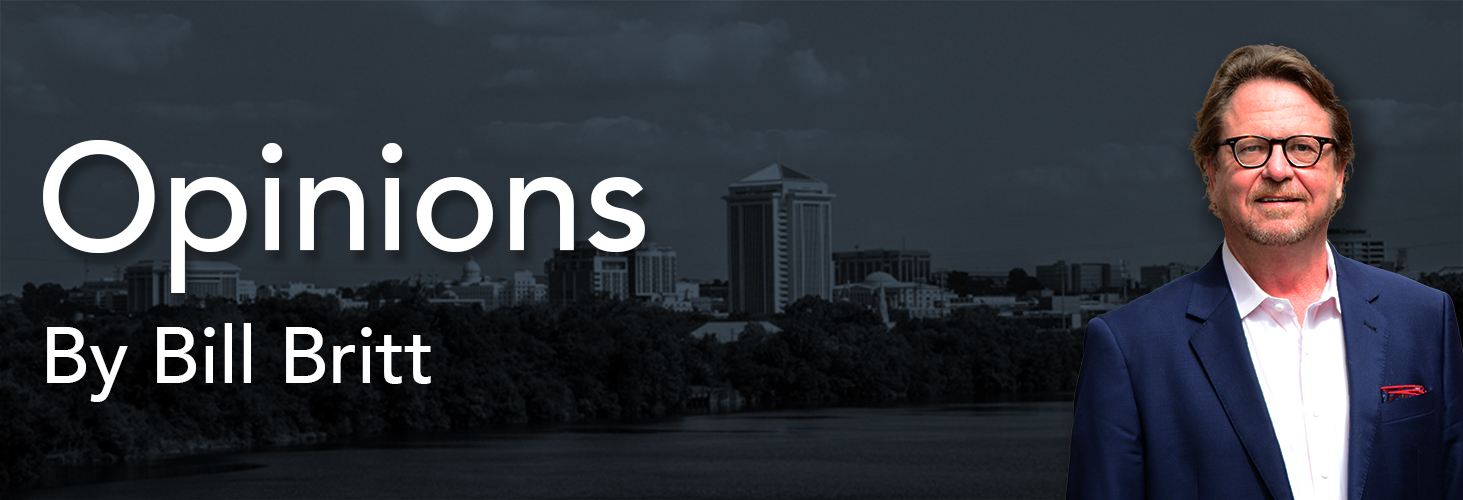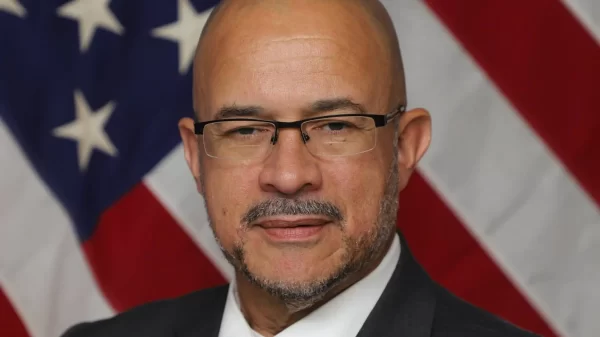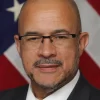By Bill Britt
Alabama Political Reporter
If power is the ultimate currency of politics, it is also a most fierce and fragile commodity.
In 2010, the State’s Republican party, led by Mike Hubbard, took the reigns of power from the Democratic majority. In the ensuing years, they ruled quickly, often severely, and in many ways, ineffectively.
According to the State, Hubbard has used his office for personal gain. If convicted of even a few of the 23 felonies for which he is charged, his tenure as Speaker will become a case study on political corruption, and the fleeting nature of political power.
 Three years ago, on February 6, 2013, under the banner headline, “Hubbard Enters Session Under Cloud of Grand Jury Investigation,” this publication was already months into an intense investigation in what would eventually culminate in Hubbard’s indictment and arrest.
Three years ago, on February 6, 2013, under the banner headline, “Hubbard Enters Session Under Cloud of Grand Jury Investigation,” this publication was already months into an intense investigation in what would eventually culminate in Hubbard’s indictment and arrest.
At the time, few believed our reports, and even today there are those who would seek to ascribe nefarious motives to our dogged pursuit of government corruption.
Men like Hubbard will never understand that some people are motivated by the simple principle of doing what is right. They believe the graft which they seek is everyone’s motivation. They also believe political power entitles them to what would be unthinkable, and illegal for a private citizen.
In the Auburn University-based Mises Institute publication, From Aristocracy to Monarchy to Democracy: A Tale of Moral and Economic Folly and Decay, the following passage is illuminating in light of Hubbard’s folly. “…[P]ublic officials are, just like any absolute or constitutional king, permitted to finance or subsidize their own activities through taxes.
“That is, they do not, as every private-law citizen must, earn their income through the production and subsequent sale of goods and services to voluntarily buying or not-buying consumers. Rather, as public officials, they are permitted to engage in, and live off of, what in private dealings between private-law subjects, is considered robbery, theft, and stolen loot. Thus, the distinction between rulers and subjects do[es] not disappear under democracy. To the contrary. Rather than being restricted to princes and nobles, under democracy, privileges come into the reach of everyone: Everyone can participate in theft and live off stolen loot if only he becomes a public official.”
This is true not only for Hubbard, but the thousands who have come before him.
In Alabama, an abeyant press, a derelict Ethics Commission, and systemic corruption has allowed such profiteering to be considered business as usual.
George Washington said, “Few men have virtue to withstand the highest bidder.”
Again, the Austrian-based think tank diagnoses this disease, “…the plutocrats are only a subclass of the super rich. They are those super rich big bankers and businessmen, who have realized the enormous potential of the State as an institution that can tax and legislate for their own even greater future enrichment and who, based on this insight, have decided to throw themselves into politics.
“They realize that the State can make you far richer than you already are, whether in subsidizing you, in awarding you with state contracts, or in passing laws that protect you from unwelcome competition or competitors, and they decide to use their riches to capture the State and use politics as a means to the end of their own further enrichment.”
We have laws to counter these excesses of human nature, but some of our State’s leaders seem loath to enforce them or even acknowledge there existence.
The fact that Hubbard has remained in power despite his indictment and subsequent actions—such as trying to have the State ethics laws he voted for and championed, ruled unconstitutional—is proof in itself that most in the State House of Representatives are overwhelmingly composed by those who would trade honor for position.
“Because power corrupts, society’s demands for moral authority and character increase as the importance of the position increases,” said John Adams.
Former Gov. Bob Riley warned Hubbard he could be rich, or he could be governor. He could not be both. Now, it appears he will be neither.
Hubbard, like so many before him, never understood what Frederick the Great meant when he said, “A crown is merely a hat that lets the rain in.”
Yes, in politics, power is the coin of the realm; best exercised with caution, better used for good, and best when shared.





















































